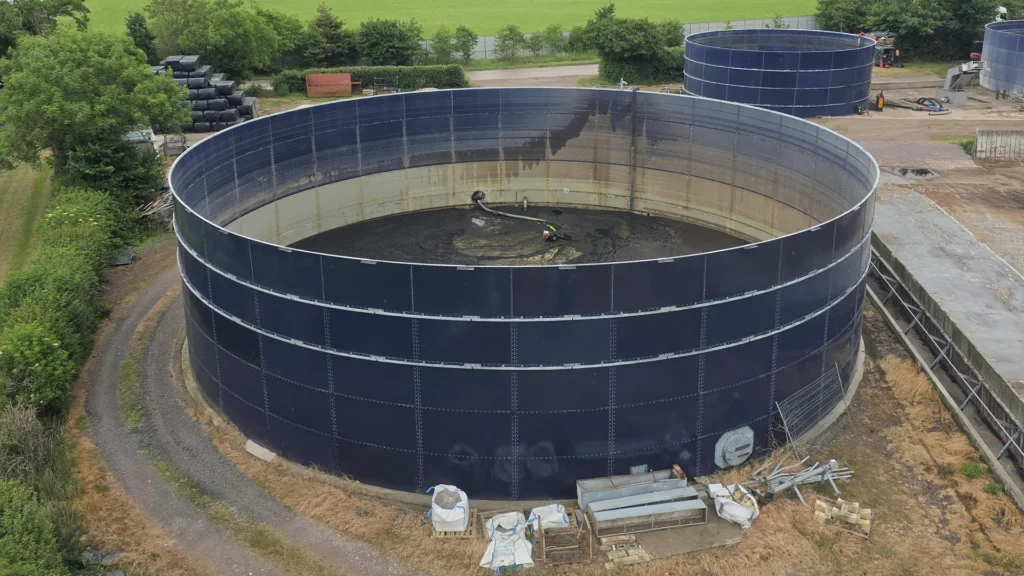Boilers are a key component in many industries—from power plants and refineries to food and pharmaceutical production. Their optimal performance not only impacts production efficiency but also plays a crucial role in reducing operating costs and preventing costly damage. One of the most important factors in ensuring the performance and longevity of boilers is the use of proper water treatment chemicals for boiler feedwater.

Why is boiler water chemical treatment important?
Natural water contains minerals, dissolved gases, and impurities which, if introduced into a boiler, can cause:
- Scale deposits on heat transfer surfaces
- Corrosion of internal metals
- Foaming and carryover of solids into the steam
- Reduced efficiency and potential equipment failure
Specialized water treatment chemicals are designed to prevent these problems, and choosing the right ones is essential for reliable operation.
Main types of boiler water treatment chemicals
1. Corrosion Inhibitors
These chemicals create a protective film on metal surfaces, preventing direct contact with water and corrosive gases such as oxygen. Agents like sodium sulfite or DEHA are commonly used to remove dissolved oxygen.
2. Scale Inhibitors
Formulated to prevent the deposition of hardness salts such as calcium and magnesium on boiler surfaces. Phosphonates and specific polymers are typical examples.
3. pH Control Agents
Maintaining proper pH is critical. Depending on system conditions, alkaline or acidic chemicals are used to balance pH and minimize corrosion.
Benefits of choosing the right boiler treatment chemicals
Using high-quality, well-formulated chemicals can deliver significant advantages:
- Improved heat transfer efficiency and reduced fuel consumption
- Lower maintenance and repair costs by minimizing scale and corrosion
- Extended equipment lifespan and fewer unplanned shutdowns
- Higher steam purity—especially important in sensitive industries like pharmaceuticals
Key considerations when selecting boiler chemicals
- Careful analysis of raw water and feedwater quality
- Boiler type and capacity
- Consulting with industrial water treatment experts
- Choosing products with proven formulations and certifications
Conclusion
High boiler efficiency is impossible without proper chemical management. Smart selection and consistent use of specialized boiler chemicals not only prevent common operational issues but also lead to significant savings in energy and resources.
At Farur, we provide high-quality products and expert consulting services to help you achieve the highest level of efficiency in your steam systems.


